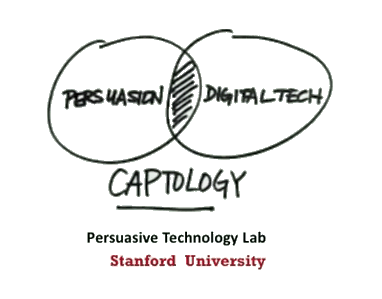A fundamental problem for American Christianity today is the disconnect between what Christians confess and the cultural practices in which they engage. Spiritual formation happens 24/7. Everything in which we habitually participate leaves a little mark on our soul, forms our spirits, and trains our loves.
We are all disciples. The question is, Whose words are we following?
The church’s goal is to train disciples to walk around in the strange new world of the Bible even as they live in the familiar old world of the present.
The sobering truth is that much of what is going through our heads is not the story of Jesus but some other story. I fear, for example, that many people spend more time viewing videos than reading Scripture. In February 2017, YouTube announced that people around the world watch a billion hours of content on the site every day. Many of the video games and apps for your smartphone are designed not only by software architects, but by applied psychologists and behavioral economists too. Some of Silicon Valley’s app designers study how to create obsessive-compulsive patterns of behavior in the Persuasive Technology Lab at Stanford University. The lab was founded in 1998 by B. J. Fogg, the founder of a new field of study called “captology,” which is derived from the acronym for “computers as persuasive technology.” Captologists look for ways to capture people’s attention and cultivate compulsive patterns of behavior that center on using the app, putting a new and more insidious spin on Paul’s warning about not being taken captive by “empty deceit” (Col 2:8). This fast-food diet is not health-giving. Consuming the cultural equivalent of junk food is not good for the human spirit. Like junk food, apps, games, and videos are pleasant to consume, but also like junk food, they do not nurture the soul.
Disciples who want to follow Jesus in the twenty-first century need to wake up, and to stay awake. They need to become aware (mindful) of the nature and effects of consuming cultural products, of trying to live on a diet of cultural doctrine: stories, practices, imaginaries. Christians need to understand what modern communication technology, and the media culture as a whole, is doing to us—what kind of humanity it is cultivating and what kind of spirits it is forming. Here’s my point: Scripture and sound doctrine set the captives free by waking them up to reality, freeing them from enslavement to cultural fast food—patterns of behavior and values that do not yield ultimate satisfaction—and, in conjunction with the Holy Spirit, freeing them for living for God and one another. The wellness, health, and fitness we should ultimately be seeking must first and foremost be defined by the gospel, not by secular culture.
“You are what you eat.” This piece of proverbial wisdom entered into the English language about a hundred years ago, about the same time that various nutritionists were trying to win the hearts and minds (and stomachs) of the general public. I am concerned more with spiritual than physical fitness, but I believe this proverb still holds true.
- Kevin J. Vanhoozer, Doers and Hearers: A Pastor’s Guide to Making Disciples Through Scripture and Doctrine.

